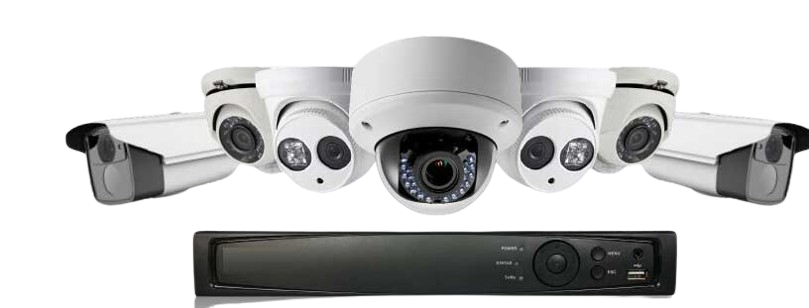

CCTV
CCTV cameras are installed throughout our school to ensure the security and safety of our students.
The importance of CCTV (Closed-Circuit Television) can be attributed to several reasons:
Crime prevention and deterrence: The presence of CCTV cameras acts as a deterrent to potential criminals. Knowing they are being monitored reduces the likelihood of criminal activities such as theft, vandalism, or burglary. CCTV systems create a perception of increased security, making individuals think twice before engaging in illegal behavior.
Investigation and evidence gathering: In the event of a crime or incident, CCTV footage serves as crucial evidence for investigations. The recorded video can provide valuable information about the sequence of events, identification of suspects, or details of the crime scene. This evidence is beneficial for law enforcement agencies, helping them apprehend culprits and support legal proceedings.
Enhanced security and safety: CCTV systems contribute to the overall security and safety of various environments. They are commonly used in public places, residential areas, businesses, and institutions to monitor activities, prevent unauthorized access, and promptly respond to emergencies. CCTV surveillance helps create a secure environment for individuals, reducing the risk of crimes or untoward incidents.
Traffic management and road safety: CCTV cameras are extensively deployed in traffic management systems. They allow real-time monitoring of road conditions, traffic flow, and incidents. By providing a visual overview of road networks, CCTV systems aid in traffic management, congestion control, and accident detection. They enable quick response measures and improve overall road safety.
Employee productivity and workplace safety: CCTV systems in workplaces can monitor employee behavior, ensure compliance with safety protocols, and discourage misconduct. They promote a safe working environment, prevent incidents, and help in the investigation of workplace accidents. CCTV can also be used to identify areas of improvement and optimize operations in industries like manufacturing or logistics.
Customer and public safety: In retail establishments, public areas, or hospitality venues, CCTV cameras help protect customers and the general public. They discourage anti-social behavior, monitor crowd management, and assist in identifying and addressing potential threats or hazards. CCTV systems can contribute to a sense of security and confidence in public spaces.
Remote monitoring and management: With advancements in technology, many CCTV systems offer remote viewing and management capabilities. Authorized personnel can access live or recorded footage from anywhere using internet-connected devices. Remote monitoring allows for real-time situational awareness, quick response to incidents, and efficient management of security resources.
It is important to note that the use of CCTV should adhere to legal and ethical guidelines. Respect for privacy rights, proper data protection measures, and compliance with applicable laws and regulations are crucial considerations when implementing CCTV systems. Balancing security needs and privacy concerns is essential for responsible and effective use of CCTV technology.
